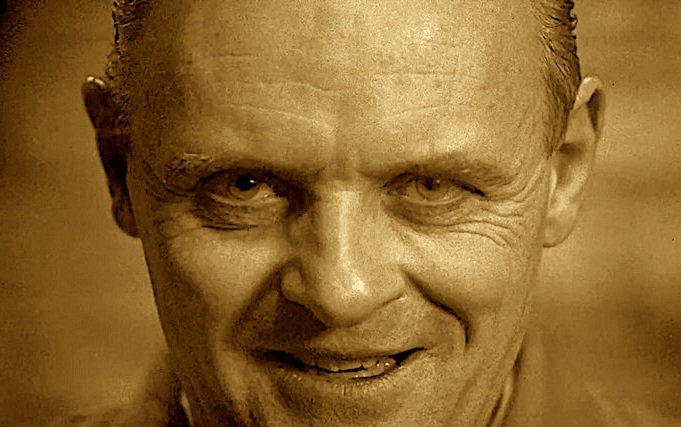1) The better the villain, the better the hero
The better the villain, the better the hero. The better the villain, the better the plot, because the villain is the one who’s usually driving the plot. I was very, very, very lucky to inherit [Hannibal Lecter]. I could not invent him to save my life. He’s a great villain because he’s so unpredictable, because he’s so smart, and because he’s funny, because he’s witty. Hannibal Lecter like the Sherlock Holmes of evil.
–Ted Tally, “How to Write a Thrilling Horror,” Go into the Story, June 24, 2016
2) What makes a movie unique is how we react to the bad guy
Screenwriter John McLaughlin told me that a big studio he works with has two questions they want answered right away: 1. Why should we make this movie now? 2. Who’s the antagonist, and why is he different than anyone we’ve ever seen? “The good guy is the good guy,” he says, “but what makes movie different is how the hero, and the audience, react to the bad guy. Spiderman, for instance, doesn’t really change much from movie to movie but Doc Oc is quite different from the other villains.
–John Capouya, “Want to write great narrative? Study screenwriting” Nieman Storyboard, April 3, 2014
3) The hero and the villain should be of equal skill
The point is that the hero and the bad guy are a matched set and should be of equal skill and strength, with the bad guy being just slightly more powerful than the hero because he is willing to go to any lengths to win. This does not mean you make the bad guy impossible to beat — just a challenge that looks impossible. By ratcheting up the power and invincibility of the bad guy, the hero will have to do more that we can admire. Making the bad guy just out of reach of the ability of the hero to defeat him elevates our hero.
–Blake Snyder, Save the Cat! (2005)
4) Sociopaths are the most charming folks we ever meet
A hint about villains: If your character’s up to no good and you place yourself within his being, asking, “If I were he in this situation, what would I do?”, you’d do everything possible to get away with it. Therefore, you would not act like a villain; you would not twist your mustache. Sociopaths are the most charming folks we ever meet — sympathetic listeners who seem so deeply concerned about our problems while they lead us to hell.”
–Robert McKee, Story (1997)
5) The best villains think that they’re the hero
The best villains think that they’re the hero. They are the protagonist in their own stories. They have their own inner life. They have hopes, they have joys. They might seek revenge or power, but they believe they have a reason why they deserve. They can reframe all of the events of the story where they are the good guy in the story.
–John August, Scriptnotes 257: Flaws are features, July 5, 2016
6) The challenge is to humanize the bad guys
You need to put yourself in the perspective. You need to be the villain; you need to be the victim. It has to make sense. The challenge is to humanize the villains; the challenge is to make it seem like this could actually happen.
–Jeremy Saulnier, “How to Write a Thrilling Horror,” Go into the Story, June 24, 2016





